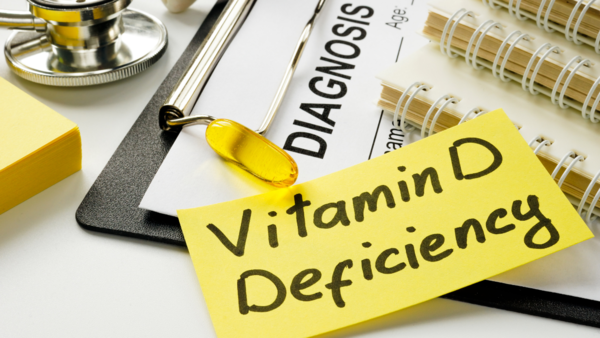[ad_1]
Vitamin D deficiency and cancer: Is there a connection?
This question has sparked significant interest in the world of medical research, and emerging findings suggest a compelling connection between vitamin D levels and cancer risk. While not a direct cause, the deficiency of this essential nutrient appears to be a contributing factor in the development and progression of various types of cancer.
What does the research suggest?
Research suggests a significant correlation between vitamin D deficiency and advanced cancer stages, as well as lower cancer cure rates, particularly notable in breast cancer and certain blood, esophageal, and gastric cancers.The underlying mechanism involves the action of vitamin D through the vitamin D receptor, which not only plays a role in maintaining calcium levels and hemostasis but also exerts a crucial influence on reducing cell proliferation, metastasis, and angiogenesis.

Can vitamin D prevent cancer?
Dr. Mandeep Singh Malhotra, Director- Surgical Oncology, CK Birla, Hospital(R), Delhi says, “In essence, vitamin D plays a pivotal role in impeding the rapid division of cancer cells, thereby slowing down their growth. Moreover, it mitigates metastasis (the spread of cancer) and angiogenesis (the formation of new blood vessels). These beneficial effects are achieved through various pathways, including enhancing the immune response, which bolsters the body’s ability to combat cancer. Furthermore, vitamin D increases the rate of cell death and alleviates cancer-related symptoms such as inflammation, characterized by redness, fever, weight loss, and loss of appetite. Maintaining an adequate level of vitamin D is, therefore, crucial for these protective functions.”
Functions of Vitamin D in body
There are various crucial roles for vitamin D. The most important of them are probably those that control calcium and phosphorus absorption and support healthy immune system operation. For normal bone and tooth growth and development as well as increased disease resistance, getting enough vitamin D is crucial. According to laboratory research, vitamin D can lessen inflammation, regulate infections, and slow the growth of cancer cells.
Risk of cancer can be reduced
While the link between vitamin D deficiency and cancer is complex, and research is ongoing, there is mounting evidence that maintaining optimal vitamin D levels may play an important role in lowering the risk of cancer and improving outcomes for those affected by this devastating disease. It is important to routinely monitor for vitamin D levels and consider adequate supplementation, particularly in people at high risk of cancer.

Sources of Vitamin D
Few foods naturally contain vitamin D, but fortified milk, fortified cereal, and fatty fish like salmon, mackerel, and sardines do. Additionally, your skin contains a molecule that when exposed to sunlight becomes calciferol, an active form of vitamin D.
‘The major problem with cancer care in India is affordability’
[ad_2]
Source link





Join The Discussion